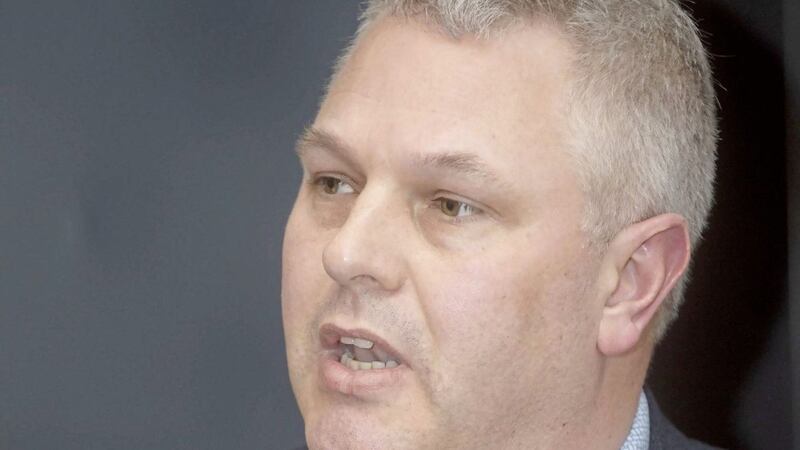TEACHERS' major role in GCSE and A-level grading "at last recognises their professionalism", a union leader has claimed.
Pupils due to sit exams this summer will instead receive "calculated grades".
GCSE, AS-level and A-level results will be based on a combination of information provided by schools and statistical data.
Teachers will predict the grades they think pupils would have achieved. Schools will also rank pupils in each subject.
The Council for the Curriculum, Examinations and Assessment (CCEA) said clear and detailed guidance would be issued to all schools.
In the interest of fairness to young people, judgements made by schools "should be consistent". CCEA will put all grades through a process of standardisation using a model being developed with technical and statistical experts.
To protect the integrity of the process, schools have been told that "under no circumstances should any data be shared externally".
This will help to avoid teachers feeling under pressure to submit a grade not supported by evidence and will also help to manage pupils' expectations.
The assembly heard this week that teachers, who are already meeting the new challenge of remote learning, would likely be required to undertake more work.
Education Minister Peter Weir said teachers had a complex task ahead and must be allowed to assess pupil performance objectively and holistically.
Stephen McCord, incoming President of the Ulster Teachers' Union (UTU) and head of science at Larne High School, welcomed recognition of teachers' key role.
"The fact that our members' expertise will play a pivotal role in how students transition from GCSE to AS and A-level is vindication of what we have long maintained," he said.
"For too long education has been blighted by endless, overly bureaucratic assessment and box ticking, leaving teachers' professionalism increasingly undermined. For years now we have pleaded for a return to a system where our expertise and professionalism is recognised when it comes to pupil assessment.
"It is ironic then that it's taken this crisis to show what we knew all along, that teachers are more than capable of this, without recourse to overblown bureaucracy and the endless testing which in fact robs young people of other invaluable educational activities and for many sucks the joy from the classroom."
Teachers' role in marking students' assessments to date and in predicting grades, he added, "is exactly what we have been trained to do".
"There will of course be arguments that continuous assessment rather than end of course exams upon which these grades are often based might favour some children over others," Mr McCord said.
"However, the statistics behind such claims can be read in many ways and are far from definitive. Just as there is leave to appeal any public exam grade, so to there will be a robust appeals system for any student who feels their performance hasn't been accurately reflected."
INTO Northern Secretary Gerry Murphy said his union's view was that while this was not the best solution available - the best being pupils sitting papers - it welcomed it as the "most reasonable" alternative.
"We would caution that teachers who are already under considerable pressure adjusting to new ways of working are careful to adhere to the CCEA guidelines," he added.








